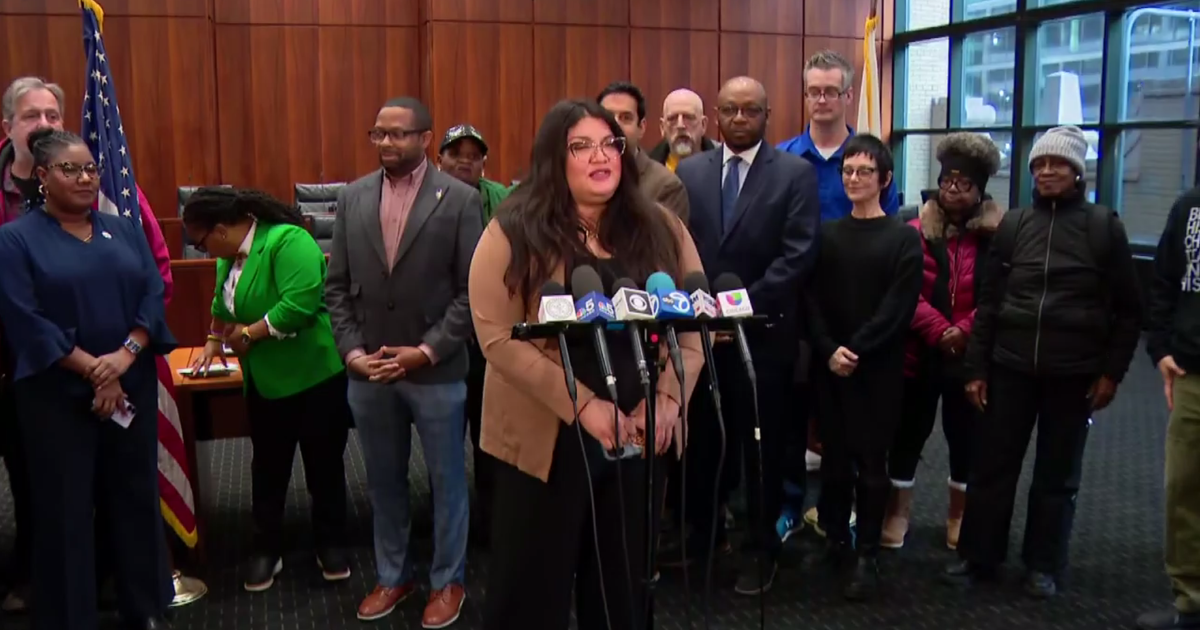When you shouldn't listen to the boss
If your boss wants you to do something that doesn’t seem quite right, should you do it? And what happens if you don’t?
There’s no correct answer, but here’s a hint. When the judge’s gavel bangs, and employees go to jail or get fired, it’s not usually the CEO who takes the fall.
- A Long Island engineer falsified damage reports from Superstorm Sandy so the insurance companies he worked for would pay out less on homeowners’ claims. His lawyer called him a “sacrificial lamb.”
- U.S prosecutors charged six Volkswagen executives with rigging diesel emissions, but only one was arrested. The other five live and work in Germany and are unlikely to be extradited.
- A former aide to New Jersey Gov. Chris Christie was convicted of shutting down some entrance lanes to the George Washington Bridge in 2013, creating a nightmarish and dangerous traffic jam. The rationale: Punish a Democratic mayor who didn’t support the governor’s reelection bid. Christie himself wasn’t charged and thus was able to run, albeit unsuccessfully, for president.
- 5,300 Wells Fargo employees were fired for slamming people -- many of them non-English speaking immigrants -- into checking accounts and credit cards with hefty interest rates. Longtime Wells Fargo CEO John Stumpf ultimately had to resign, but with a $134 million severance package.
One could say people who work for the company should draw “a line in the sand” and not cross it. But the sand is always shifting. And the protections once offered by unions is disappearing, along with them.
And while financial crises have led to laws like Dodd-Frank (to regulate the financial industry) or Sarbanes-Oxley (to impose corporate governance standards), lawyers always seem to find loopholes and ways around them. It’s ironic that these are the same lawyers who protect the CEO with airtight employment contracts and golden parachutes.
So ultimately it’s up to the employee -- and not the boss -- to figure out where to draw the line. This advice is from experts in management and ethics, based on real life examples.
- Does your boss set realistic goals? Company management sets “metrics” for its workers: goods produced, sales contacts, orders filled. “They should be high,” said Michael Useem, professor of management at the Wharton School of Business, “but they must be realistic. If you put demands on the table that aren’t, people will look for creative ways to meet them.”
- Does the company put it in writing? Management should state its benchmarks and goals for both its employees and the public. And then it should stand behind them. The sign on the wall of Wells Fargo’s (WFC) branch offices (where this writer banks) is a quote from its founder Henry Wells: “There is one very powerful business rule. It is concentrated in the word courtesy.” Said Useem: “They’ll have trouble living that one down.”
- All “Hail Caesar?” Are there checks and balances for top management, or does a cult environment exist? Is there a chief risk officer who has the CEO’s ear to tell the boss when he or she is over the line? Do the board members have power, or are they just friends of the boss? Does the CEO also hold the titles of board chairman and president? “You need less rather than more insulation,” Useem said.
- Does the company foster an atmosphere of fear and intimidation? “Employees at Wells Fargo were told that they would be blackballed out of the banking industry if they didn’t perform,” said Julie Ragatz, director of the Center for Ethics at the American College of Financial Services. In some instances, workers were denied bathroom breaks.
- No way out? If your immediate superior is shady or overly demanding, do you have the ability to move elsewhere in the company? And can you appeal a bad management decision? “People in the low-level positions at Wells Fargo felt trapped,” said Ragatz. “So they stayed ... and cheated.”
- Keep your eyes wide open. Does top brass personally interact with employees or communicate only through email and intermediaries, thereby giving them plausible deniability if something goes wrong? “It’s possible to believe that Wells Fargo’s Stumpf was unaware of the actual fraud, but he was most likely aware of the fear and intimidation he created,” said Ragatz. “He turned a blind eye to what the others were doing.”
- Don’t be backed into a corner. “Volkswagen doubled down when it went into diesel,” said Useem. “Once decided, the engineers, even without being told, installed defective devices to defeat the emissions standards. VW employees said, ‘We had to meet those objectives, or we’d lose our jobs.’ ”
- Does the company concentrate on the customer? The ability of hedge funds to buy and dump stock has made many CEOs focus on quarterly earnings reports and annual performance bonuses. But in a successful and ongoing enterprise “everyone needs to be customer-focused,” said Useem. Ignoring or abusing the customer is a sign of a corporate culture that will also cheat the employee.
No one, not top brass or even powerful politicians, is immune from pressure, which can range from dangling bonuses to denying vacations or even veiled threats.
The target of the Christie administration’s Bridgegate scandal -- the Democratic mayor of Fort Lee, New Jersey, where the George Washington bridge shutdown took place -- published an opinion piece in a major newspaper. The piece claimed that the paper’s assertion that the bridge closure was punishment for not supporting Republican Gov. Christie’s reelection was false.
But under oath in court, the mayor admitted he had lied because he was afraid of “further retribution.” Several other public officials also had to admit to lying.
So if you’re employed in a job like this, how do you protect yourself?
- Watch and see if wrongdoers are being rewarded and promoted.
- Document what’s going on. If a scandal arises, you’ll be able to prove what you did -- and didn’t do.
- Documentation can take various forms: written, verbal or video. Even a diary could prove helpful. Cellphones have been successful in documenting street crime and can be equally effective at demonstrating corporate malfeasance.
- Quit, if there’s no way out. Take every piece of evidence you’ve collected with you. Staying put could destroy your career.
“I feel sorry for the Wells Fargo people who were fired,” said Ragatz. “But I don’t think they should get their jobs back. They had a choice, and they broke the law.”



